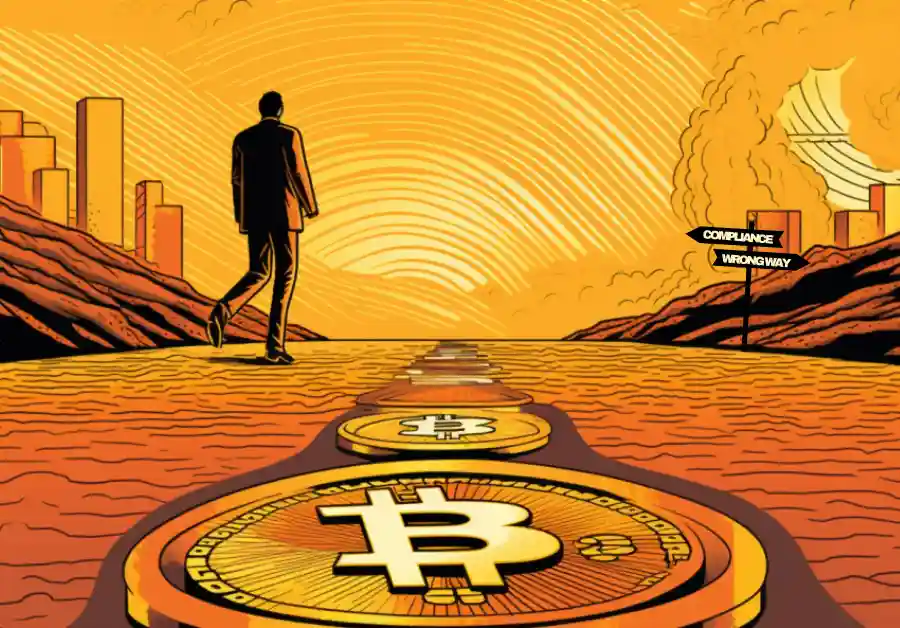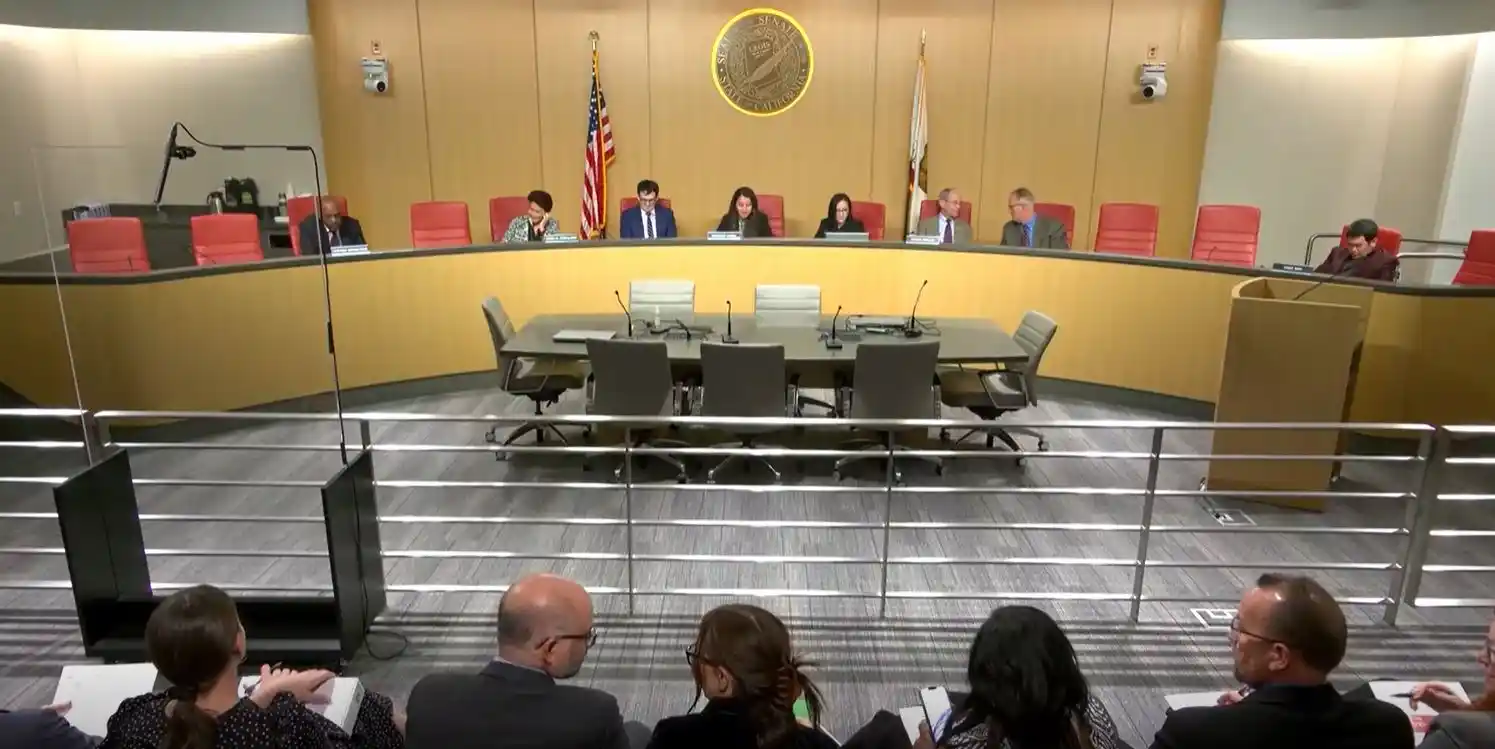In late October of this year, a 52-year-old Michigan man was named in a federal indictment, accused of exchanging bitcoins improperly through LocalBitcoins (LBC). The trader, named Bradley Anthony Stetkiw (under the screen name “SaltandPepper”), was charged with operating an unlicensed money transmission business.
The case is hardly the first of its kind, but its implications are striking: in lieu of a tangible policy, are regulatory bodies like FinCEN drawing an indirect line between registered money transmitters and individual “day traders” involved in exchange services?
Arrested For Unlicensed Money Transmission
According to the indictment as released by Detroit TV news service WD-IV, “Stetkiw bought, sold and brokered deals for hundreds of thousands of dollars in bitcoins while failing to comply with the money transmitting business registration requirements set forth in Title 31, United States Code, Section 5330.”
Stetkiw has now joined a growing list of individuals active on LBC who have been indicted, fined, or arrested for unlicensed money transmission. It seems to be part of a pattern; the common belief is that many (if not most) traders on LBC are not registered with FinCEN as a money transmitter.
Formed in 1990, it wasn’t until 2011 that FinCEN began to take notice of cryptocurrencies. According to the United States Federal Register, in July 2011, FinCEN added “other value that substitutes for currency” to its definition of money services businesses in preparation to apply the respective rule to cryptocurrencies. Ultimately in 2013, FinCEN issued formal guidance in which it defined “a person engaged as a business in the exchange of virtual currency for real currency, funds, or other virtual currency” as a money transmitter.
A Growing List Of Indictments
Back in February 2014, Michael Espinoza (under the username Michaelhack on LBC) and Pascal Reid (proy33 on LBC) were both arrested on anti-money laundering and unlicensed money transmitter charges. Both individuals were arrested at meetings with undercover police officers who had arranged to buy $30,000 worth of bitcoins. Notably, both instances involved $1,000 ‘trust establishing’ buys by investigators before the ‘Bitcoin dealers’ were brought down.
Another case involving a father and son came to a close in May of this year when the Department of Justice announced Michael Lord and his father, Randall Lord, were sentenced to 106 months and 46 months, respectively.
So, what happened?
According to Coindesk.com, “Court records show that Michael Lord operated a LocalBitcoins.com profile, with the moniker ‘Internet151’, dating back to 2012. The profile lists more than 3,000 confirmed trades since it was created. Prosecutors alleged that the Lords used a series of personal and business bank accounts as part of an effort to obscure their bitcoin exchanging.”
Another case last summer occurred in Missouri when Jason Klein pled guilty after “selling bitcoin to two undercover agents on five occasions between February 2015 and July 2016.” Prosecutors argued that Klein had failed to obtain approval from FinCEN as well as the Missouri government to operate a money transmission business.
And just last August, the Belgian police busted several high-volume sellers on LocalBitcoins. Media outlets speculated that these arrests were part of an emerging pattern among LBC users. One in particular report read: “Once again, people actively trading Bitcoin on the LocalBitcoins platform have found themselves in enforcement’s cross hairs.” Two of the men arrested in the bust “caught the attention of Belgian police officials due to the high fees he charged when selling Bitcoin.”
While dealing with very large amounts of bitcoin is frowned upon (especially when sales exceed several hundreds of thousands of euros), it is still unknown where all of their bitcoins came from, and it is possible they were obtained illegally.
According to The Merkle, “Selling on LocalBitcoins is considered the same as performing exchange operations, although it is usually allowed under certain amounts.”
“A total of 400,000 euros has been seized during the [Belgian] arrest. Nearly 100,000 euros in cash was discovered hidden behind a spare tire in a garage. The remainder of the funds took the form of bank accounts, all of which have been frozen.”
Things have gotten so out of hand at LBC that a judge once ordered one of its users to teach police about digital currencies. According to CoinDesk, as a part of a sentencing deal, a convicted LBC user was tasked with completing “no less than 20 trainings” on cryptocurrency and cybercrime, to be organized by Detective Ricardo Arias of the City of Miami Beach Police Department. He was also “required to make himself available to the Miami Beach Police Department, the US Secret Service and the Miami Electronic Crimes Task Force as needed for the development of the sessions.”
If you haven’t had enough yet, just Google “LocalBitcoin + arrest” and you can spend hours reading about the myriad of traders on LBC getting busted for failing to register with FinCEN and attempting to curtail a host of other rules.
Why is this happening?
Some posit that individuals involved in cryptocurrency exchanges believe that they are immune to the rules and requirements that govern money transmission, or they’re simply blissfully unaware that they are subject to them.
Meanwhile, FinCEN has clarified that those engaged in exchange services are, in fact, money transmitters.
While these indictments sound like the result of a colossal misunderstanding between regulators and individuals, FinCEN is, in fact, complicating the problem by allowing the exact line between exchanging and trading as an investor to remain very much in the grey.
If You’re A Trader, Here’s What This Means For You
It seems to BitAML that FinCEN is attempting to establish an indirect line between exchanging and trading. Buying and selling to consumers appears to be the line in the sand.
Buying and selling within registered exchanges subject to regulation brings a legitimacy to the cryptocurrency space. Any other day trader or online broker is expected to play by the rules put in place by financial regulators.
But there is an unresolved curiosity here.
While the SEC has come down hard on the cryptocurrency industry in recent months, this could indicate an interesting situation in which applying regulation and enforcing the law inadvertently lends credence to the industry itself. And in an industry that lacks a central trade union or specific regulations, sometimes it takes the arrests of some of these individuals to distinguish good behavior from bad in the eyes of regulators. Once they begin to separate these behaviors, the industry that begins to play by the rules will be seen as legitimate, legal, and will then become a new and normalized facet of the financial industry at large.
In short, play by the rules. Even if they’re only implied.


